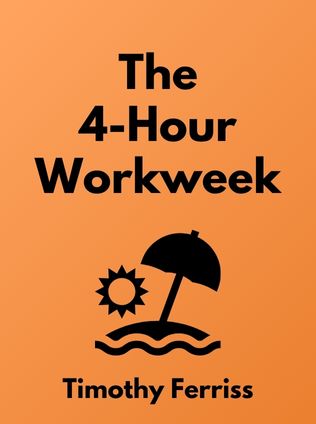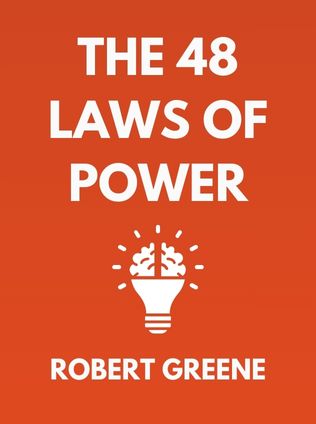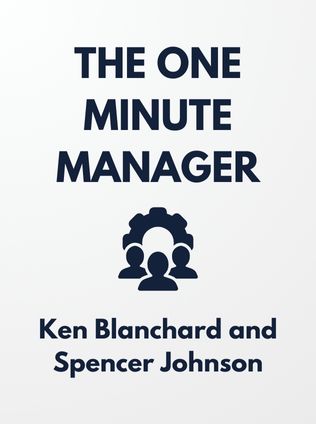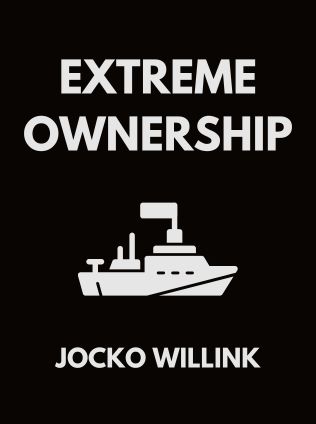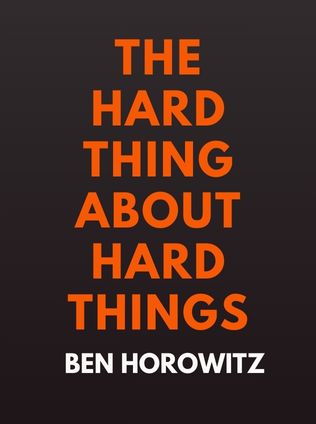
Consultants & Advisers
A Best Practice Guide to Choosing, Using and Getting Good Value
By Harold Lewis
Published 08/2004
About the Author
Harold Lewis is an esteemed independent consultant with more than 30 years of professional experience. A graduate of the University of Oxford, he has built a distinguished career advising clients on the preparation of tender documents and the evaluation of tenders. His expertise spans various fields, including technical documentation, where he specializes in explaining complex technical issues clearly and effectively. Lewis's work has made a significant impact in the consultancy industry, helping organizations achieve clarity and efficiency in their engagements with consultants.
Main Idea
"Consultants & Advisers: A Best Practice Guide to Choosing, Using and Getting Good Value" by Harold Lewis serves as a comprehensive guide for businesses and individuals seeking to hire consultants. The book delves into the intricacies of the consultancy-client relationship, offering insights into selecting the right consultants, managing engagements, and ensuring successful outcomes. Lewis emphasizes the importance of clear communication, mutual trust, and a well-defined scope of work to maximize the value of consultancy services.
Table of Contents
- Why Would I Want to Use Consultants?
- How Do Consultants Operate?
- What Do Consultants Charge?
- How Should I Specify the Job to Be Done?
- How Do I Select the Right People?
- What Should I Know About Engaging Consultants?
- How Do I Keep Track of the Work?
Analyzing and Explaining Each Idea and Sub-Content
1. Why Would I Want to Use Consultants?
In this section, Harold Lewis addresses the fundamental question of why businesses might need consultants. He outlines three primary reasons for hiring consultants: expertise, independence, and resources. Expertise refers to the specialized skills and deep experience that consultants bring to the table. They offer insights, awareness of best practices, and creativity that may not be readily available within the organization.
Independence is another crucial factor. Consultants provide a detached viewpoint, offering impartial and unbiased analysis. This independence is invaluable, especially in situations where internal politics or preconceived notions might cloud judgment. Lewis highlights the importance of objectivity in decision-making processes, noting that consultants can challenge assumptions and provide fresh perspectives.
Finally, consultants often bring additional resources, including cost-effective solutions and access to specialized tools or technologies. This can be particularly beneficial for organizations that lack the in-house capacity to address specific challenges.
However, Lewis cautions against hiring consultants without a clear understanding of what the business hopes to achieve. He warns against common pitfalls, such as expecting consultants to fix fundamental organizational problems without clear objectives or using consultants to deflect responsibility for difficult decisions. As he states:
"If you do not have a clear idea of what you want the consultants to accomplish, then you should probably not hire them." – Harold Lewis
To illustrate these points, Lewis provides examples of successful consultancy engagements, such as companies leveraging consultants to navigate complex regulatory environments or implement new technologies. He contrasts these with cases where businesses failed to clearly define their needs, resulting in wasted time and resources. For instance, a company might hire a consultant to improve operational efficiency but fail to specify the areas of focus, leading to a broad and unfocused assessment that doesn't address critical issues.
2. How Do Consultants Operate?
Lewis provides an overview of the consultancy and professional services sectors, detailing the types of services offered and the various sectors in which consultants operate. These include civil, business, technical, management, and financial consulting. He emphasizes that the size of the consultancy firm does not necessarily correlate with the quality of service; both small boutique firms and large multinational consultancies can offer valuable expertise.
Sign up for FREE and get access to 1,400+ books summaries.
You May Also Like
The Lean Startup
How Today's Entrepreneurs Use Continuous Innovation to Create Radically Successful Businesses
By Eric RiesWho Moved My Cheese?
An Amazing Way to Deal with Change in Your Work and in Your Life
By Spencer Johnson, M.D.Make Your Bed
Little Things That Can Change Your Life...And Maybe the World
By William H. McRavenThe Ride of a Lifetime
Lessons Learned from 15 Years as CEO of the Walt Disney Company
By Robert IgerThe Hard Thing About Hard Things
Building a Business When There Are No Easy Answers
By Ben Horowitz







